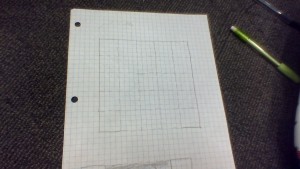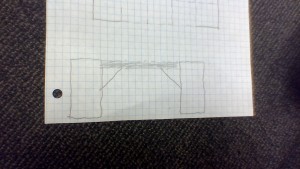How do we make these texts relevant today? What can we do in our modern lives to realize the principles that underlie these laws?
These texts are relevant to us and we can keep them alive by going to Jewish camps, Jewish schools, having a bar mitzvah, having tefilla occasionally, and going to a synagogue.
What categories of people today require special assistance and our focused attention? Why?
The poor, homeless, elderly, and young people need help because they are either not as privileged as we are or unable to help themselves.
Explain the tension between Deuteronomy chapter 15 verses 4 and 11, found in the same chapter in Deuteronomy.
Those verses mean that no-one should be needy because you should help them until you need help.
If we accept an obligation to care for the needy in our society, does that mean that we have to do it without regret for our own financial loss? Do you personally feel that you are able to give without regret or hesitation?
I feel that if you are in need you should help yourself but if you aren’t you should help as much people as you can without hurting yourself financially.

